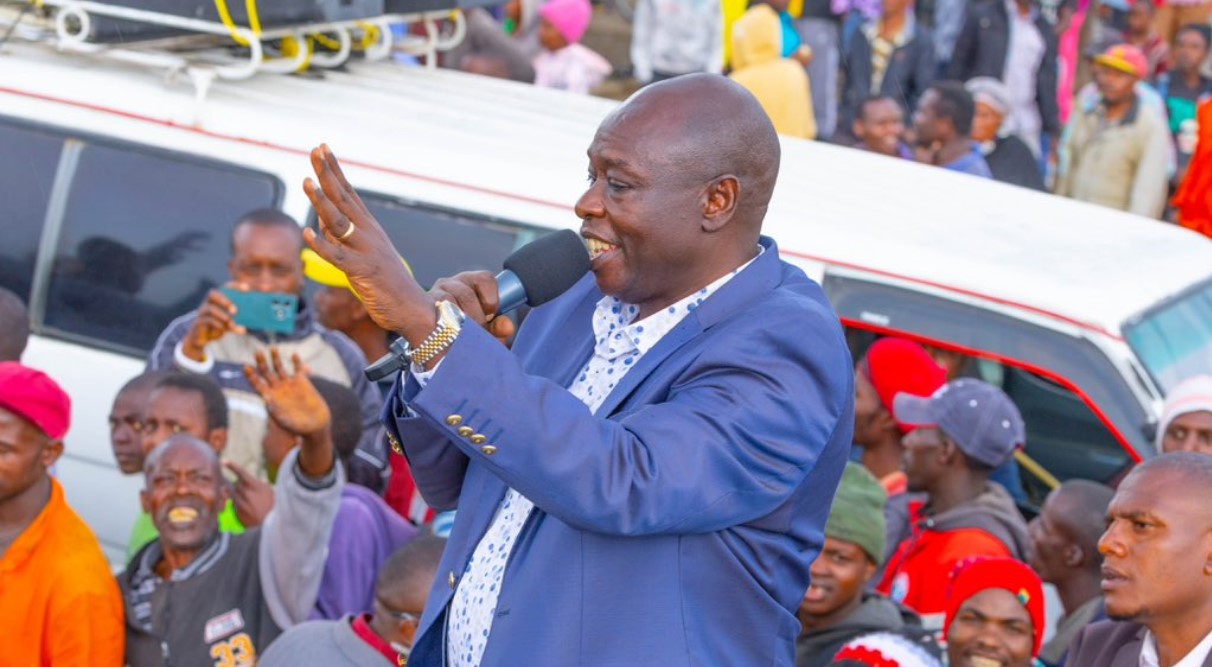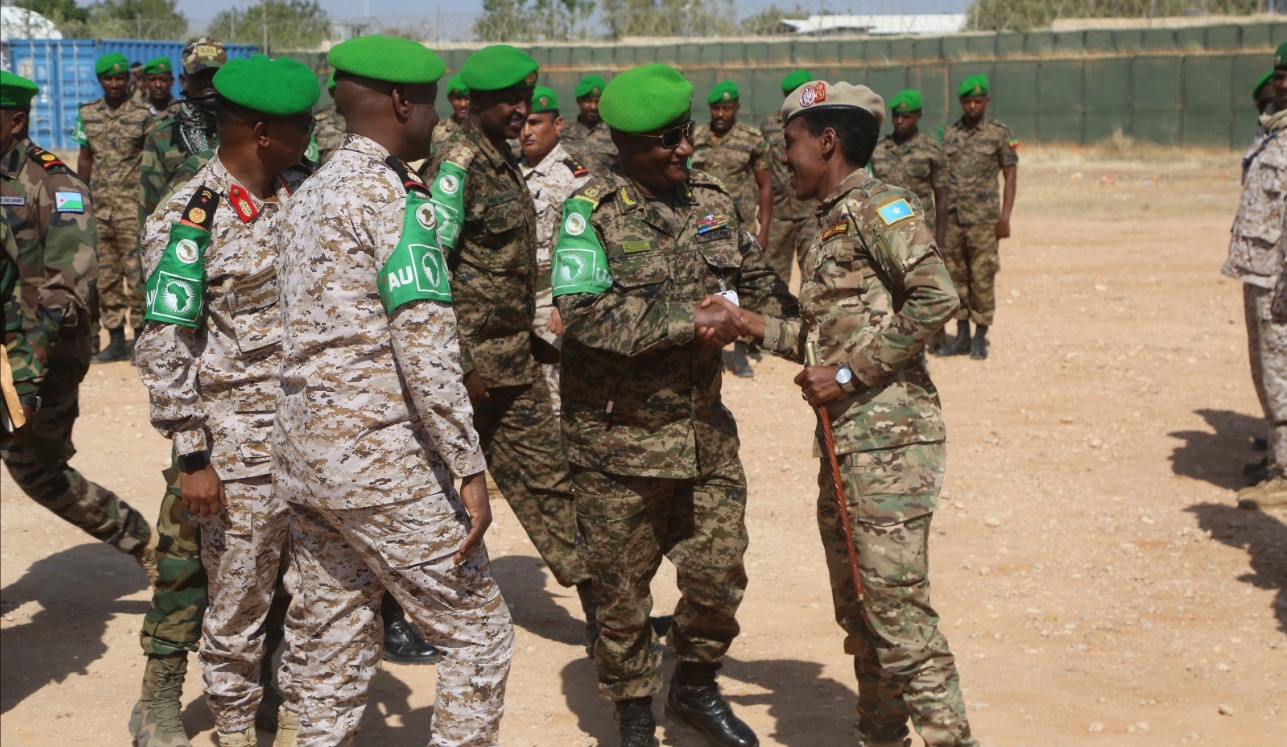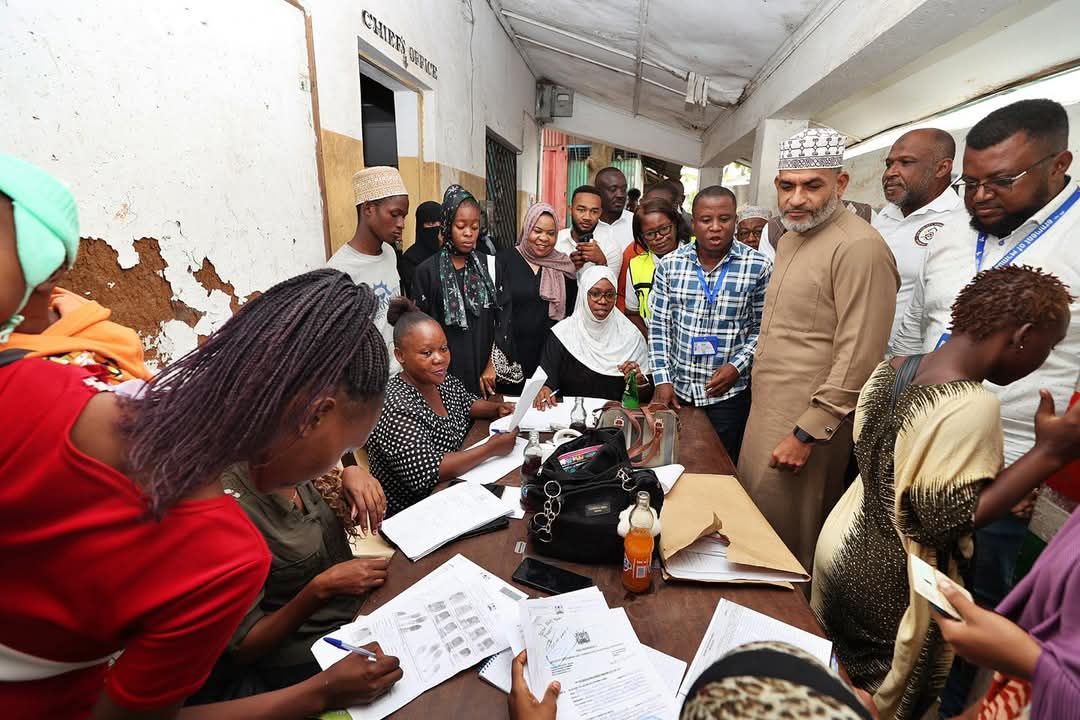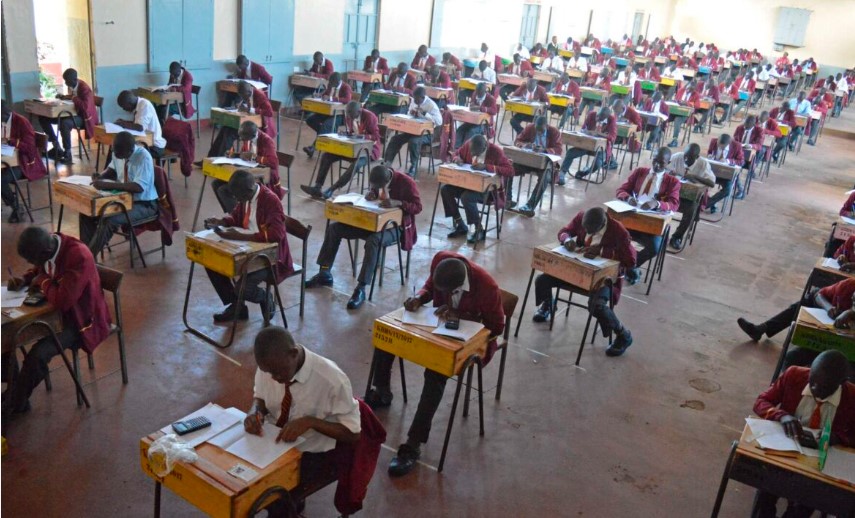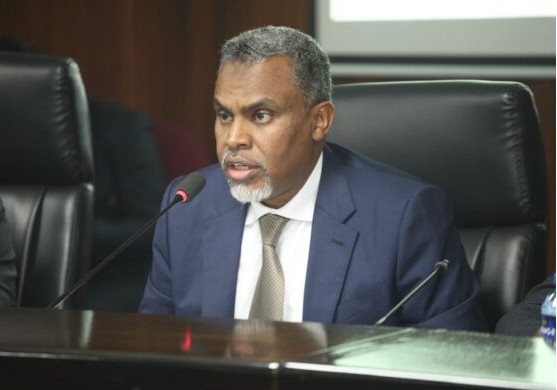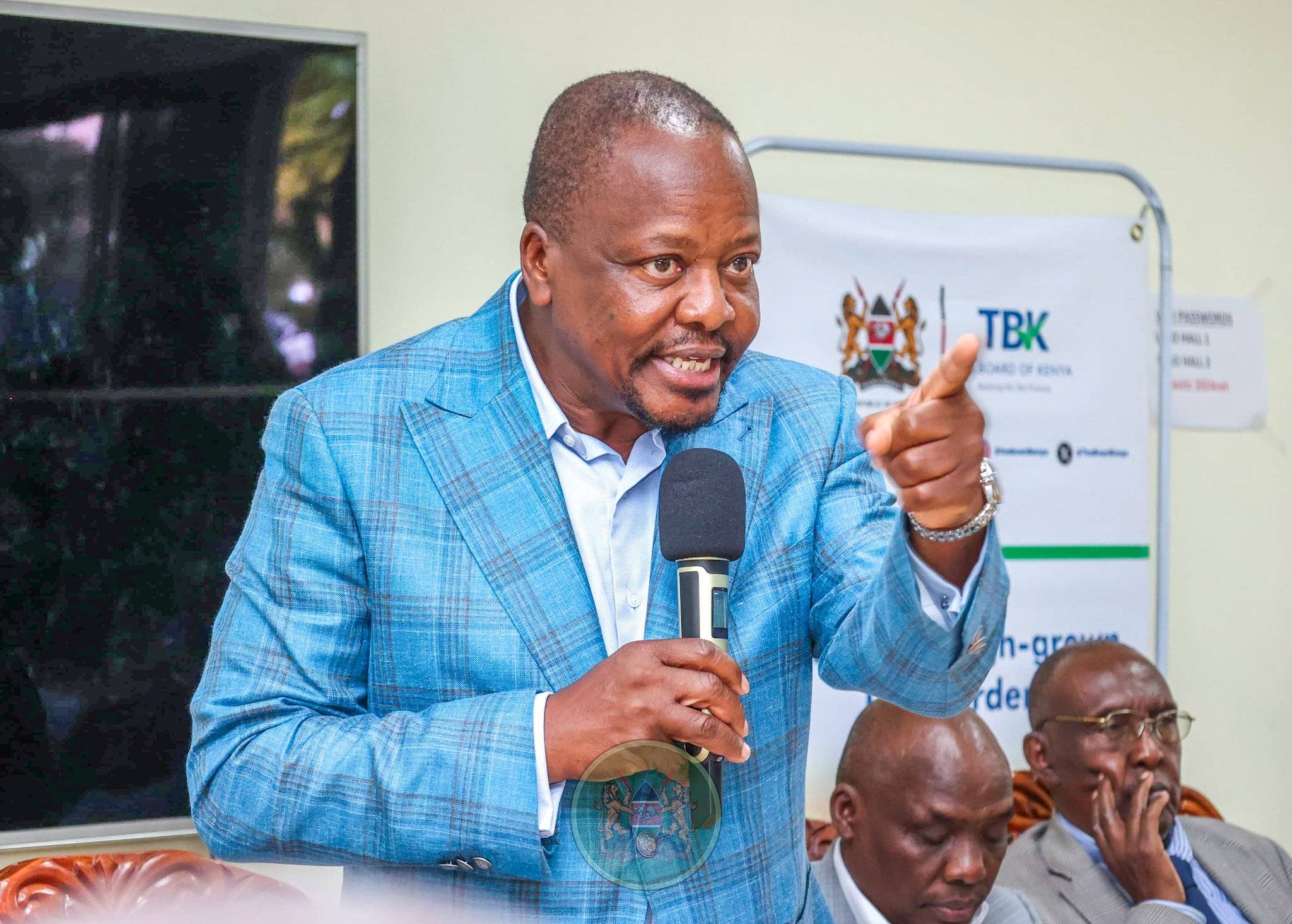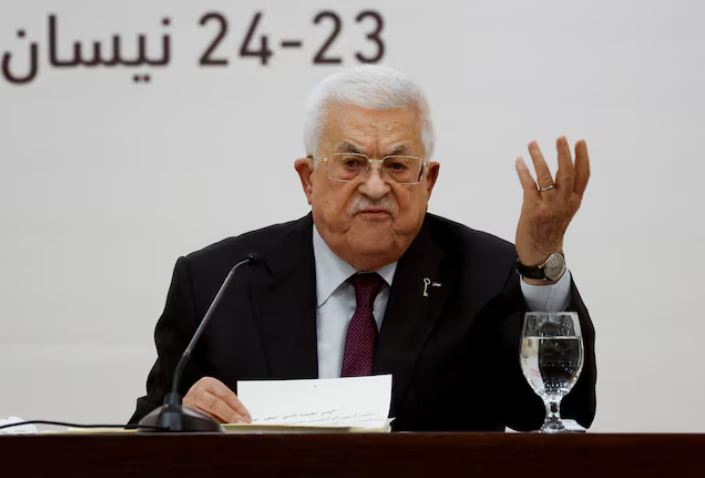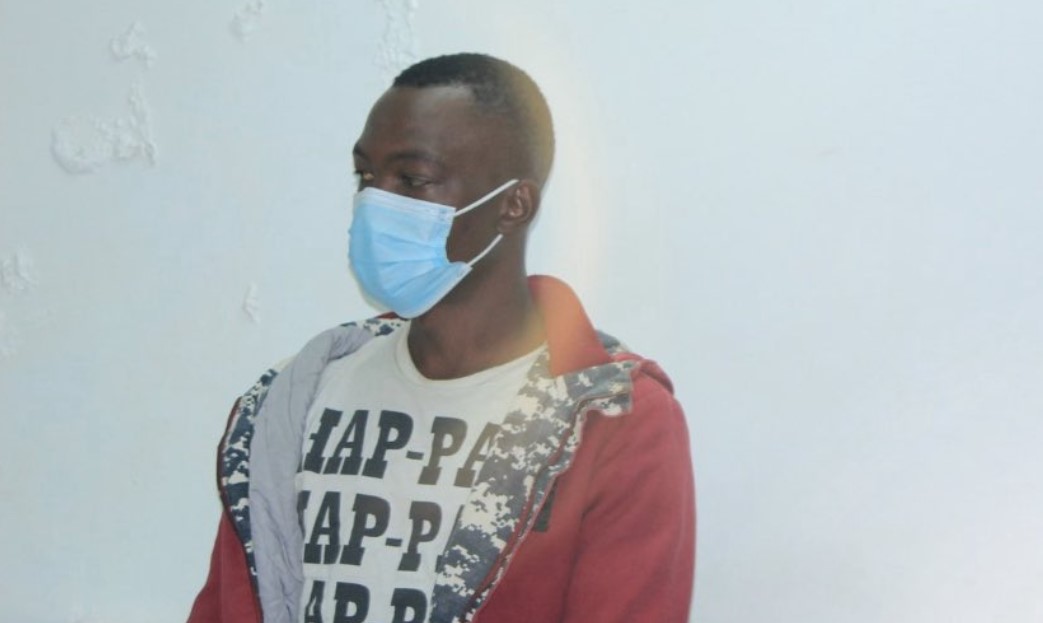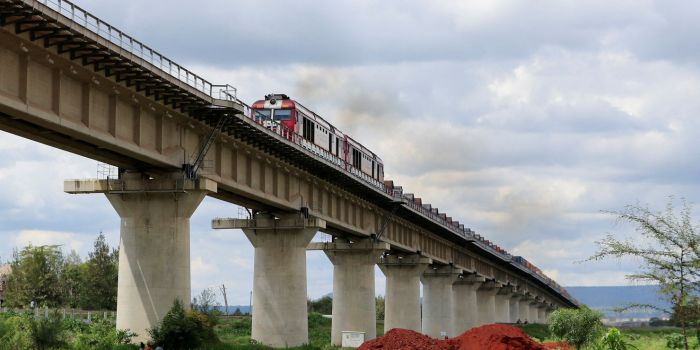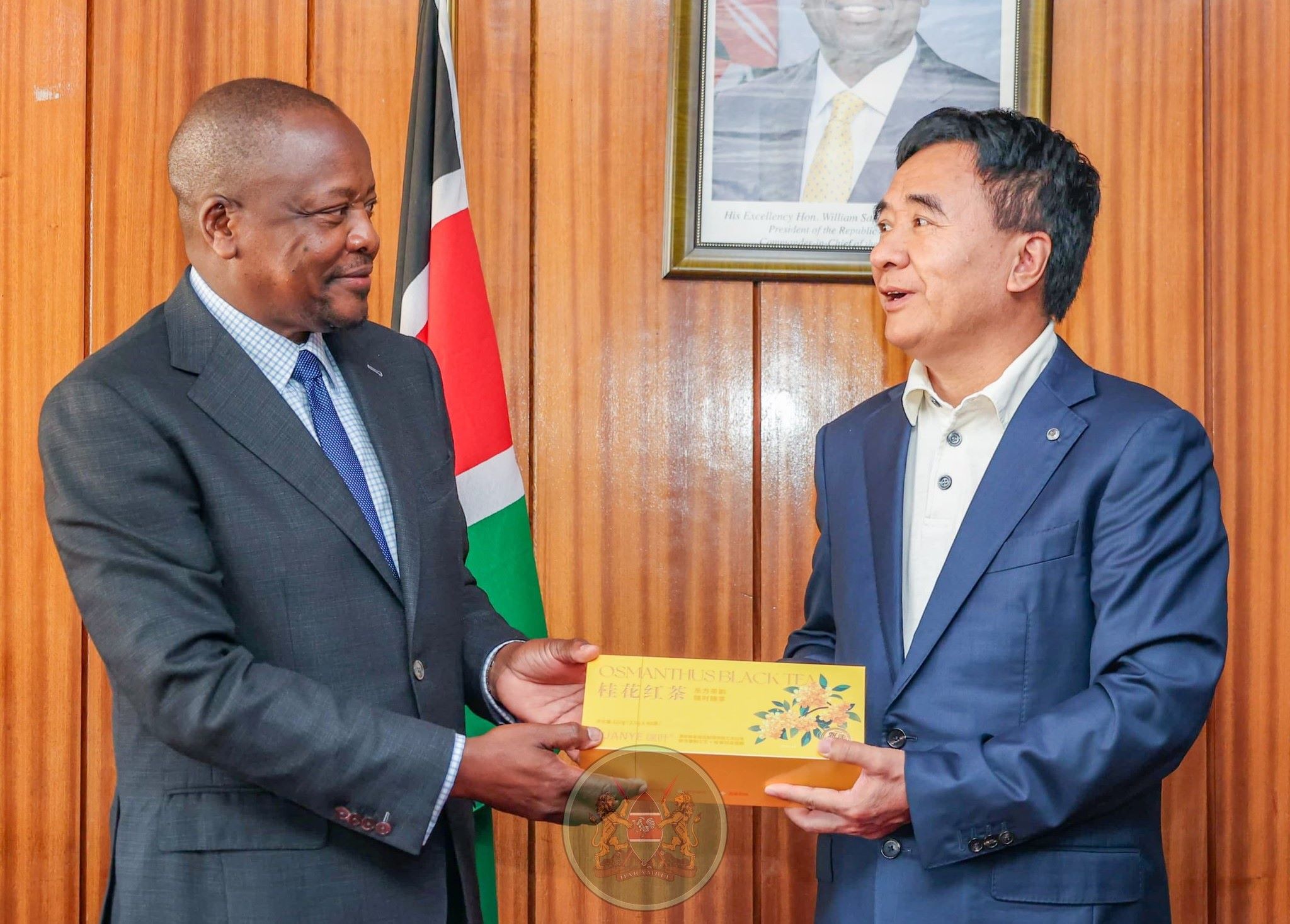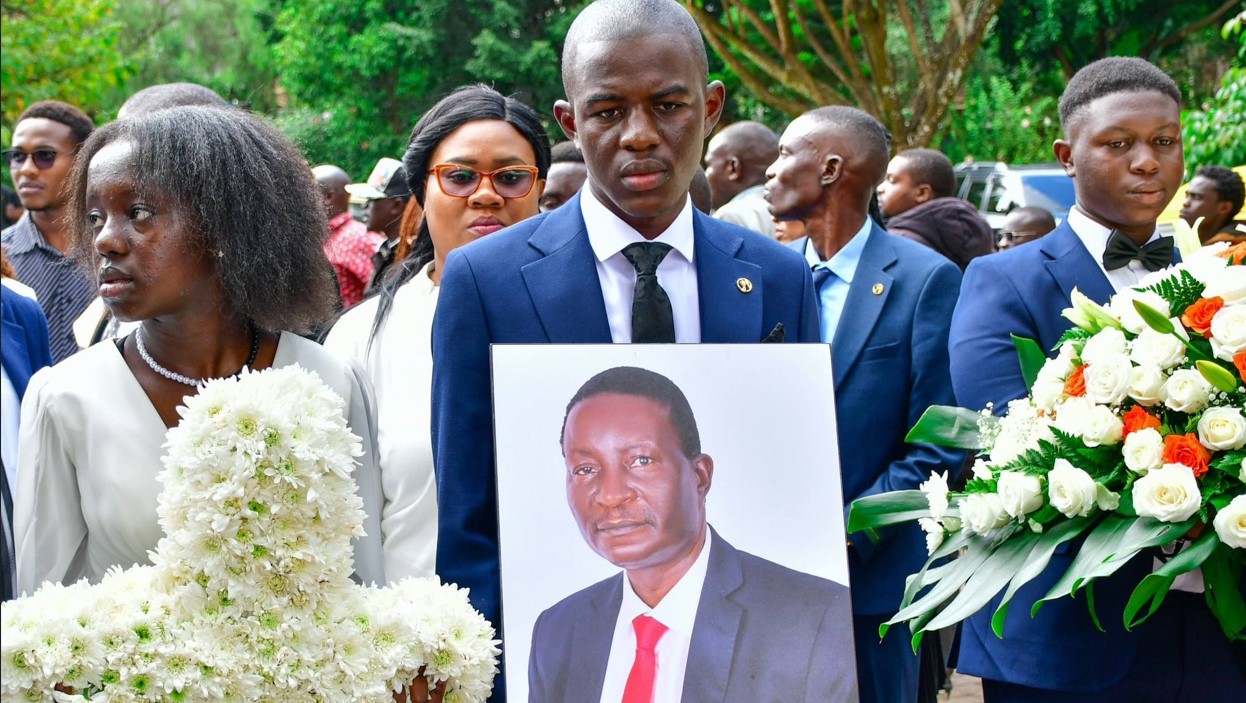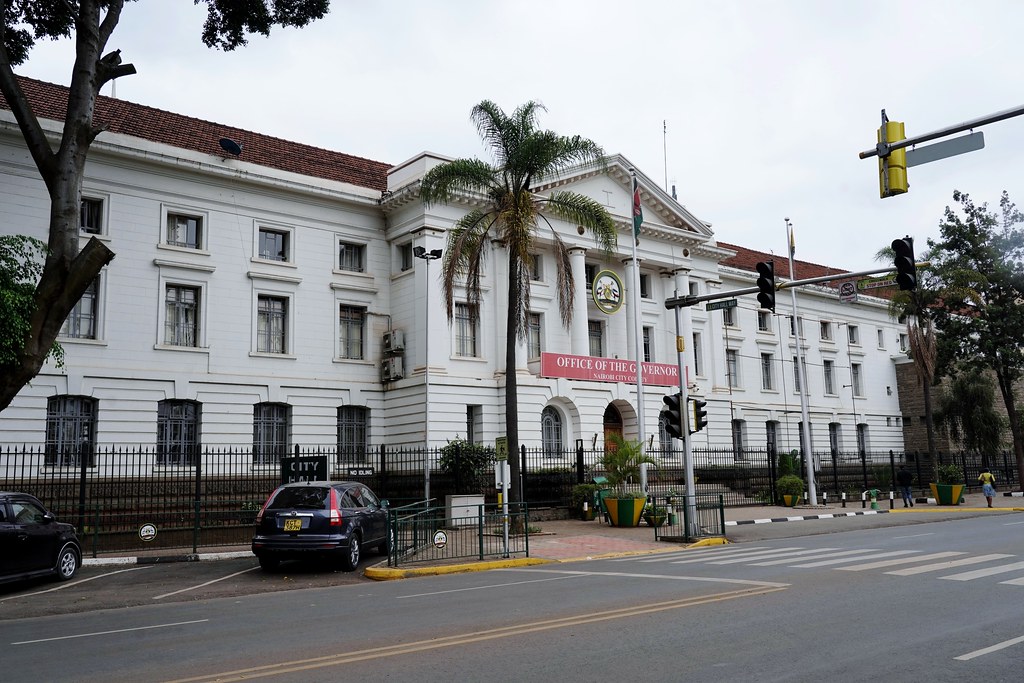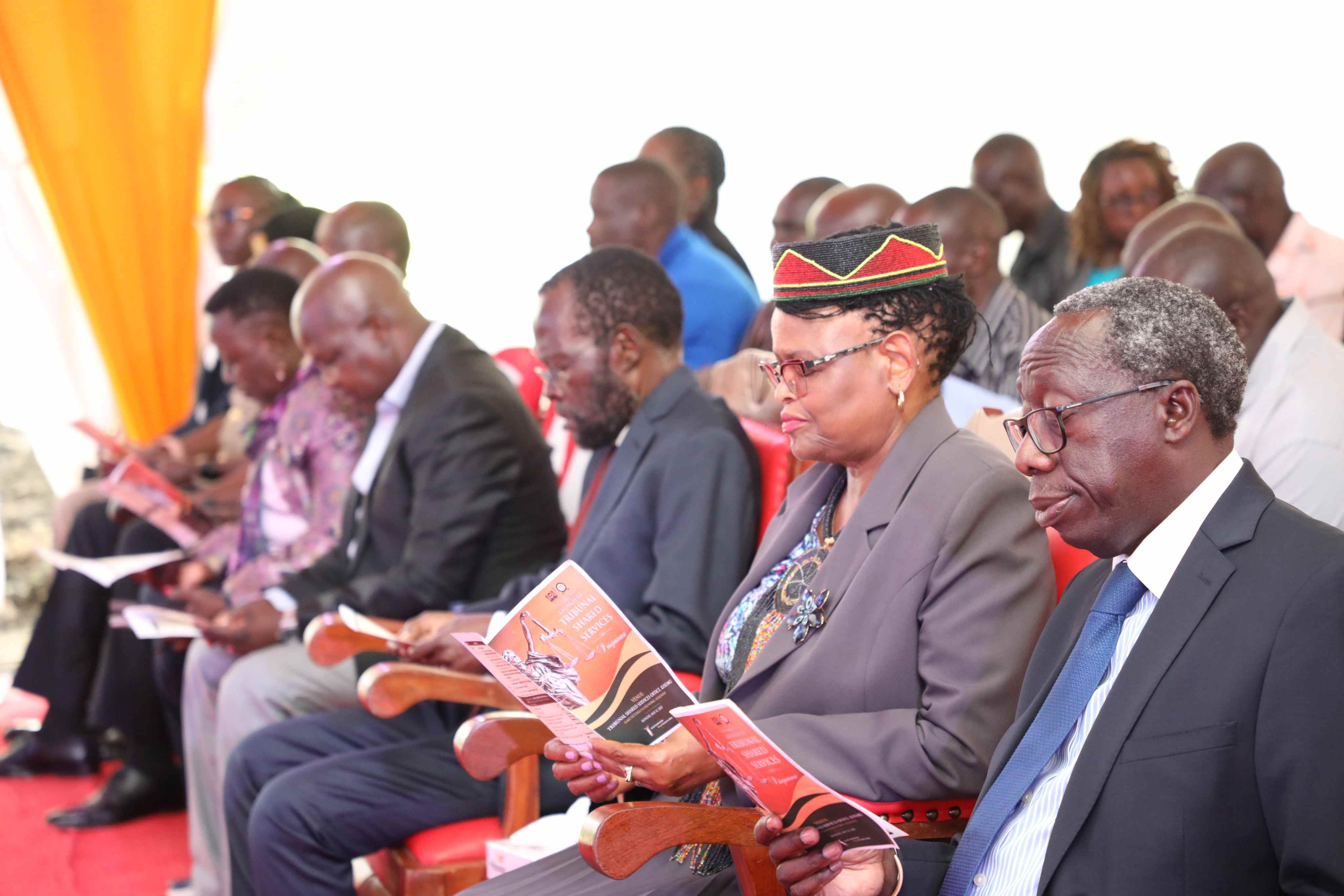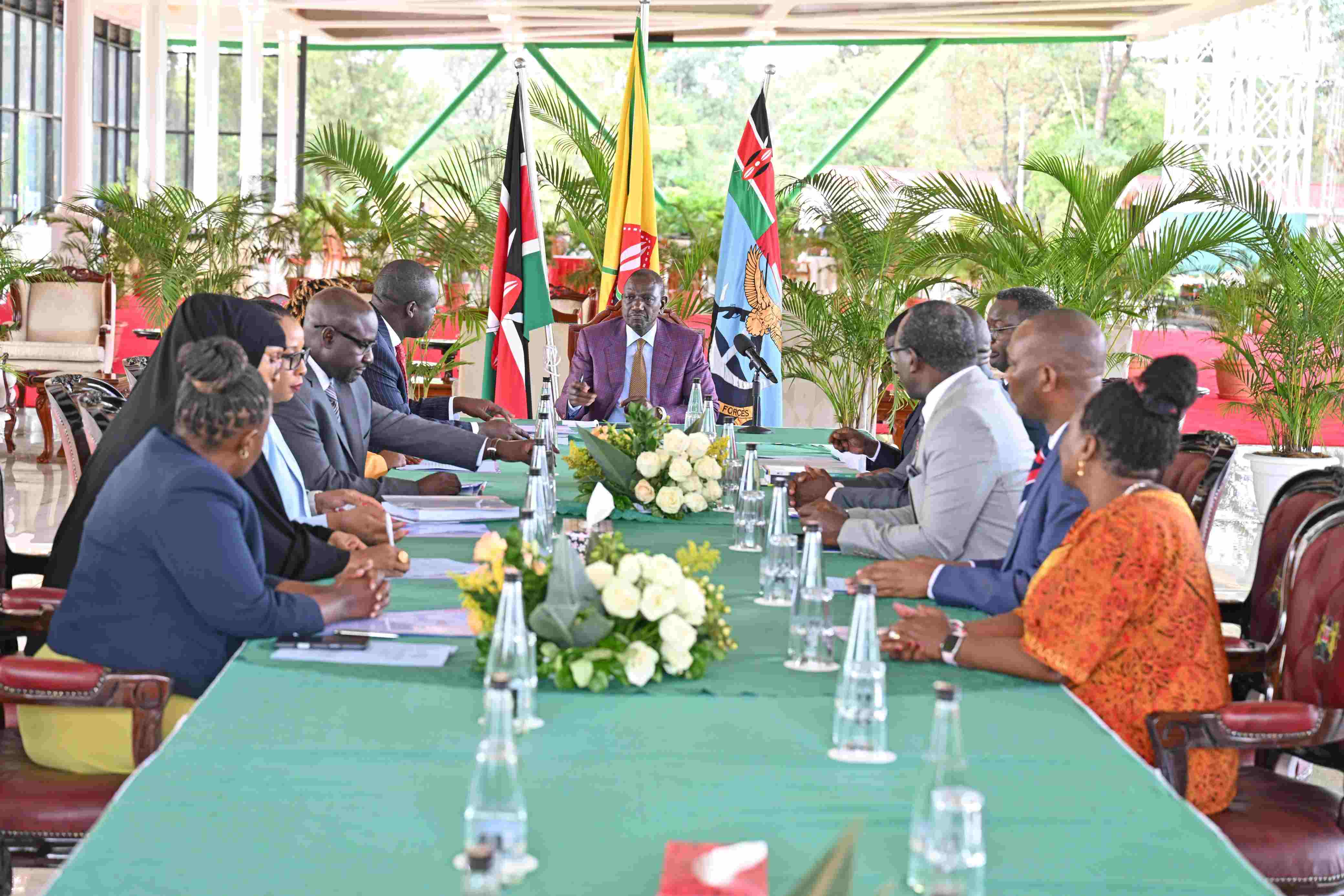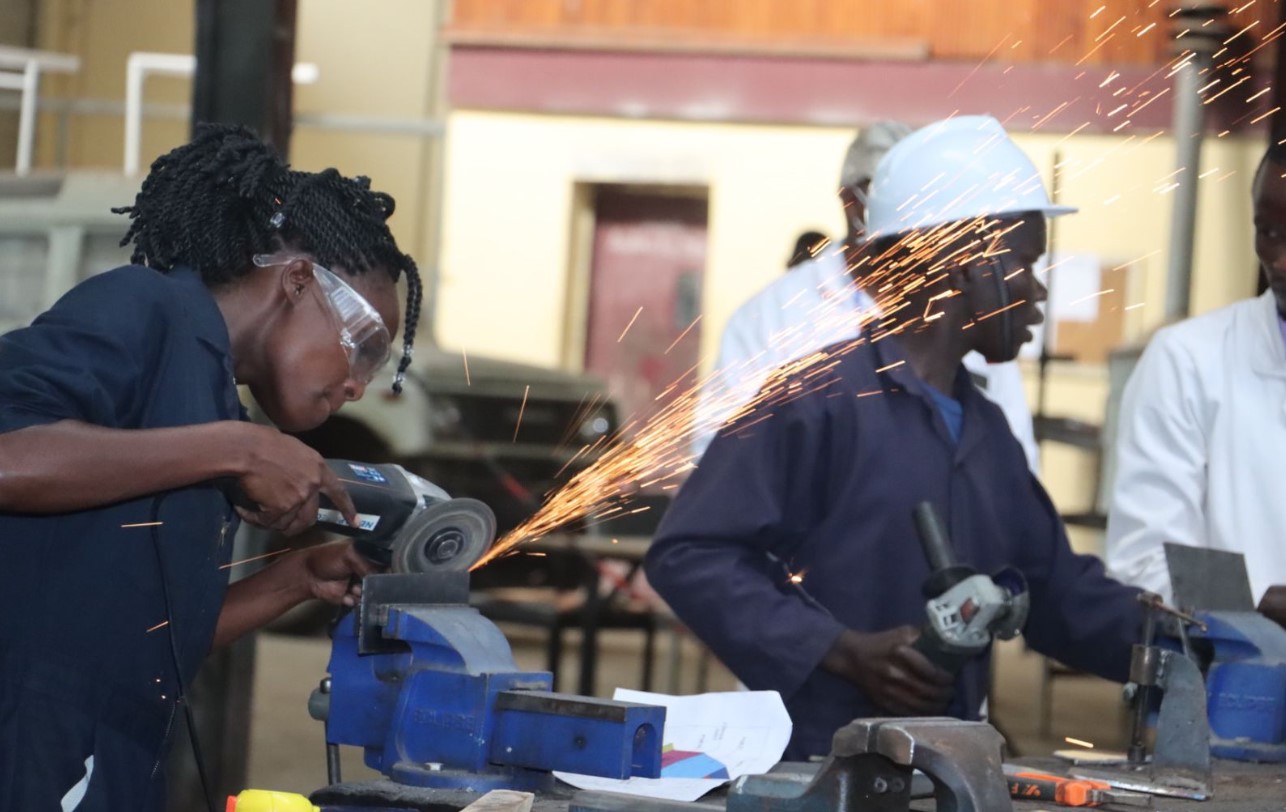UN: Increasing insecurity in Somalia takes heavy toll on civilians

In Somalia, the persistence of insecurity, perpetuated by the extremist group Al-Shabaab and conflicts in the Laascaanood region, continues to exert a heavy toll on civilians.
In Somalia, insecurity persists, with the extremist group Al-Shabaab and conflicts in the Laascaanood region continuing to inflict a heavy toll on civilians, as reported to the Security Council by the UN envoy for the country on Thursday.
Briefing Ambassadors in New York, UN Special Representative for Somalia Catriona Laing, described the country as being at a critical juncture.
More To Read
- Fire at Mogadishu’s Bakaara market in Somalia destroys shops, no casualties reported
- Seven dead, houses submerged as heavy rains cause severe flooding in Mogadishu
- Somalia’s exports are threatened by climate change and conflict: What 30 years of data tell us
- Somaliland at crossroads: Could US geostrategic interests break recognition deadlock?
- Somalia’s NCC meeting opens without Puntland, Jubbaland as reforms top agenda
- Taiwan says Somalia bans entry to its citizens amid Somaliland dispute
“Last year, we saw the largest increase in civilian casualties since 2017. Sadly, early data indicate a similar trend in 2023, with 1,289 civilian casualties recorded so far,” she said.
The military campaign against Al-Shabaab in central Somalia faced setbacks, though the national army and allied clan militias were able to initially retake significant territory.
“In response to its own setbacks, Al-Shabaab has increased the use of 107mm rockets, particularly in Mogadishu. It has also conducted targeted attacks on high profile Somali politicians,” Catriona added.
Women, Peace and Security
The Special Representative, who also heads the UN Assistance Mission in Somalia ([UNSOM] highlighted collaboration with the Government through a joint programme on women’s involvement in peacebuilding.
These include strengthening the role of women as peacemakers, capacity building to increase the number of women parliamentarians and enhancing legal frameworks against sexual violence.
“I recently met with courageous Somali women leaders and heard of their pioneering work to ensure women play a significant role in critical areas, from politics to climate change,” Catriona said.
Humanitarian crisis
The humanitarian situation in the country remains deeply concerning, with nearly four million people facing hunger and about 1.2 million people displaced, the UN envoy said.
The situation may deteriorate due to enhanced Deyr rains and the El Niño climate effect, leading to floods that could push hundreds of thousands more into food insecurity.
It is crucial to address the root causes of the crisis and integrate climate adaptation, Catriona urged, calling for resources towards the 2023 Humanitarian Response Plan, which remains severely underfunded.
Information extracted from UN News Service, New York
Top Stories Today
